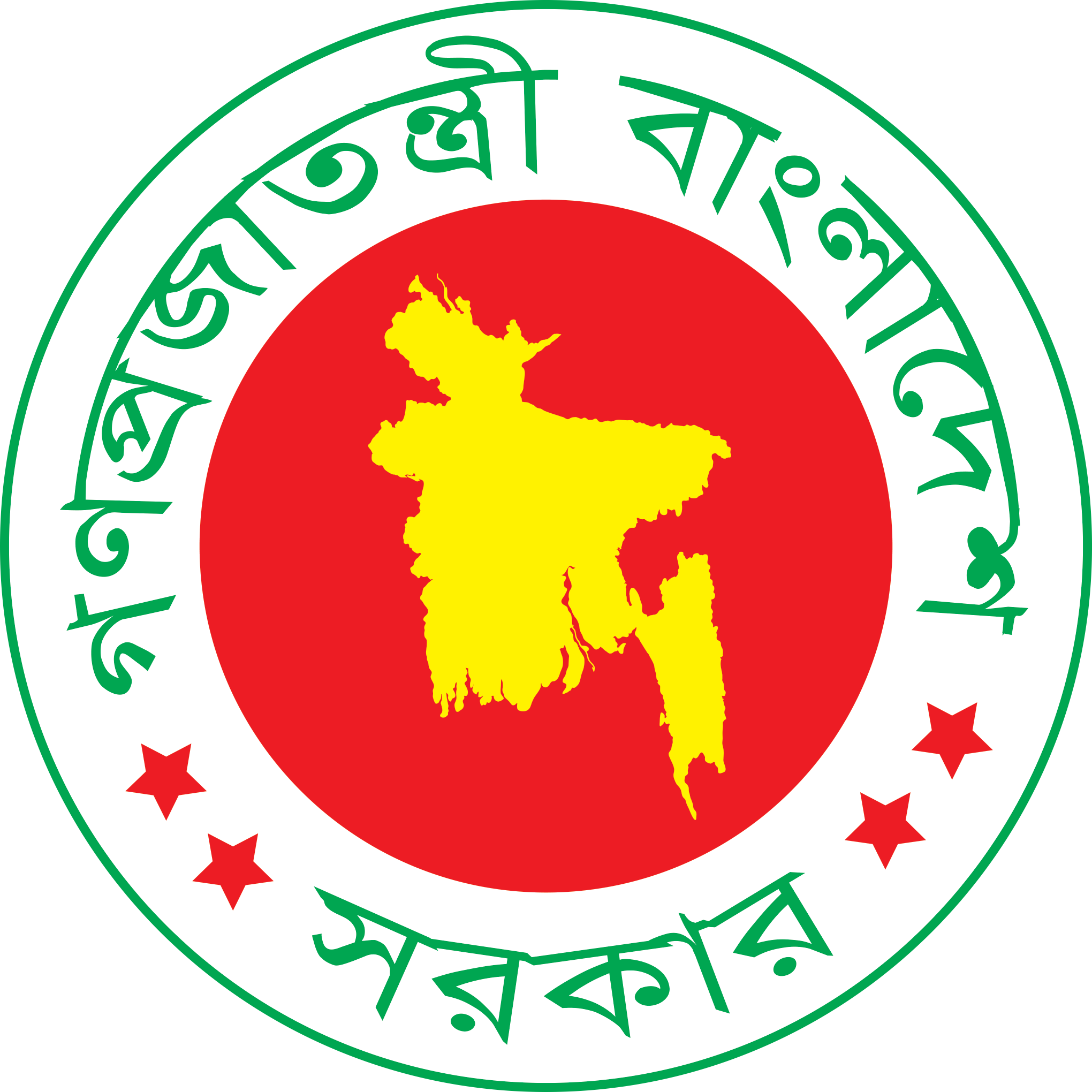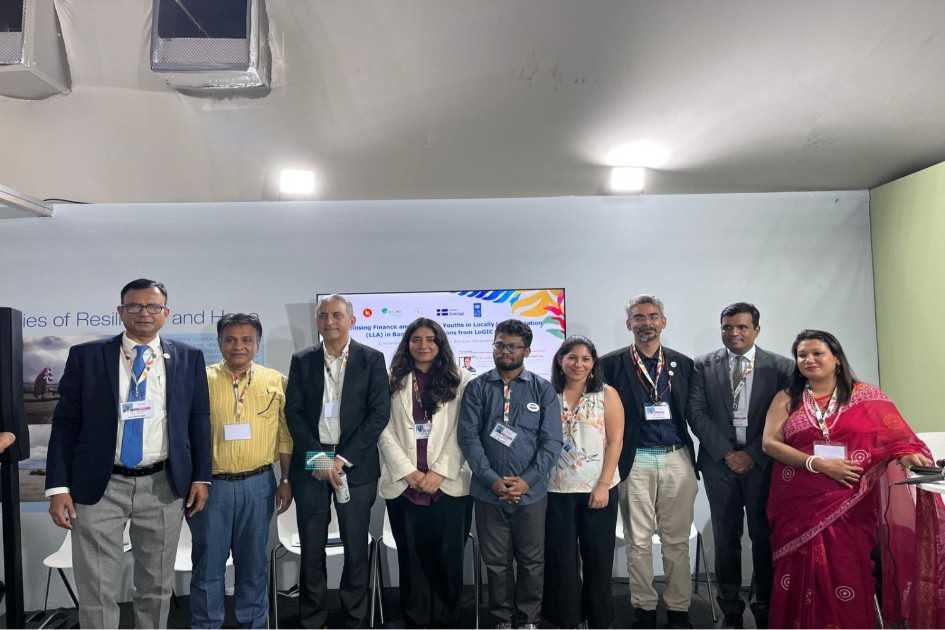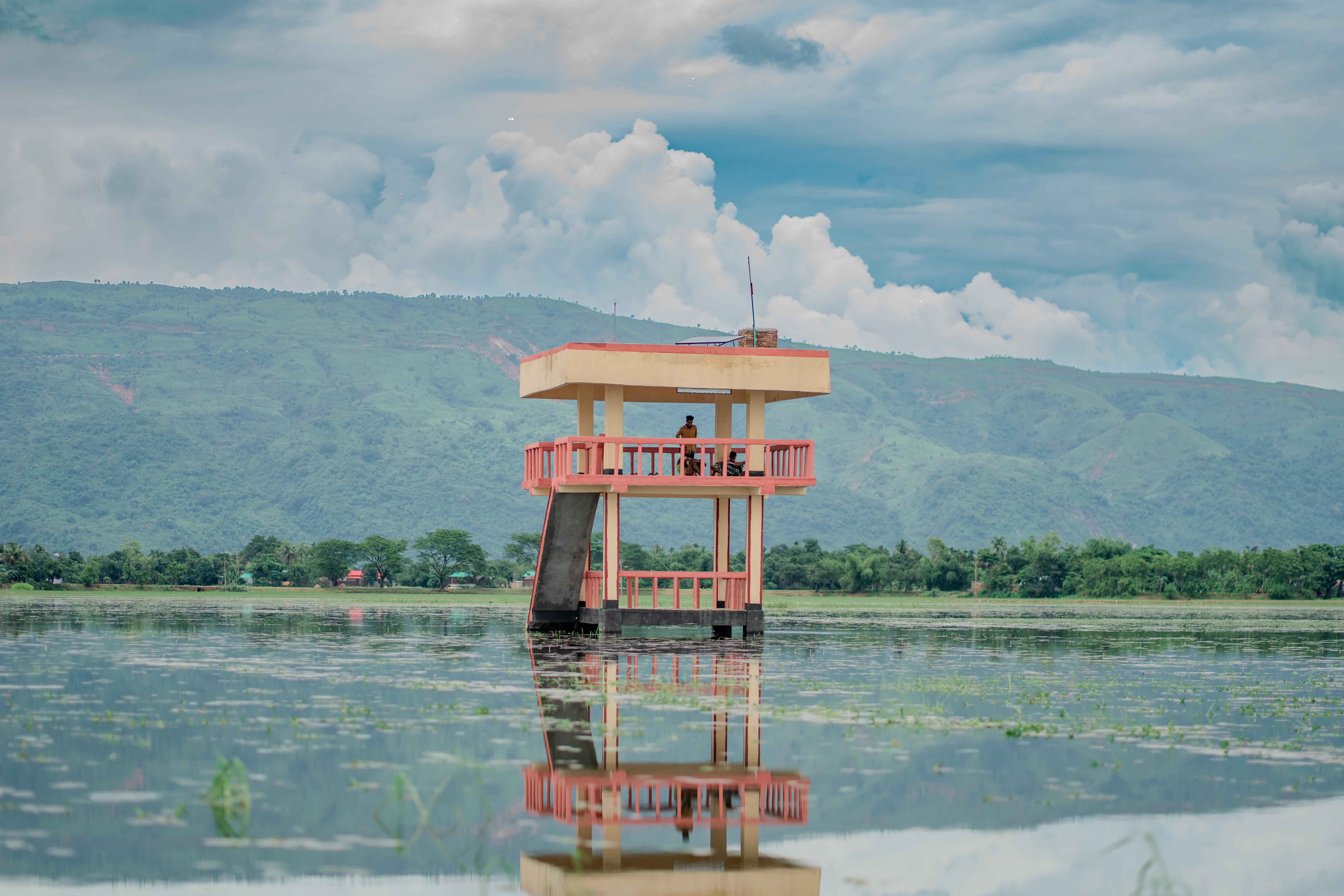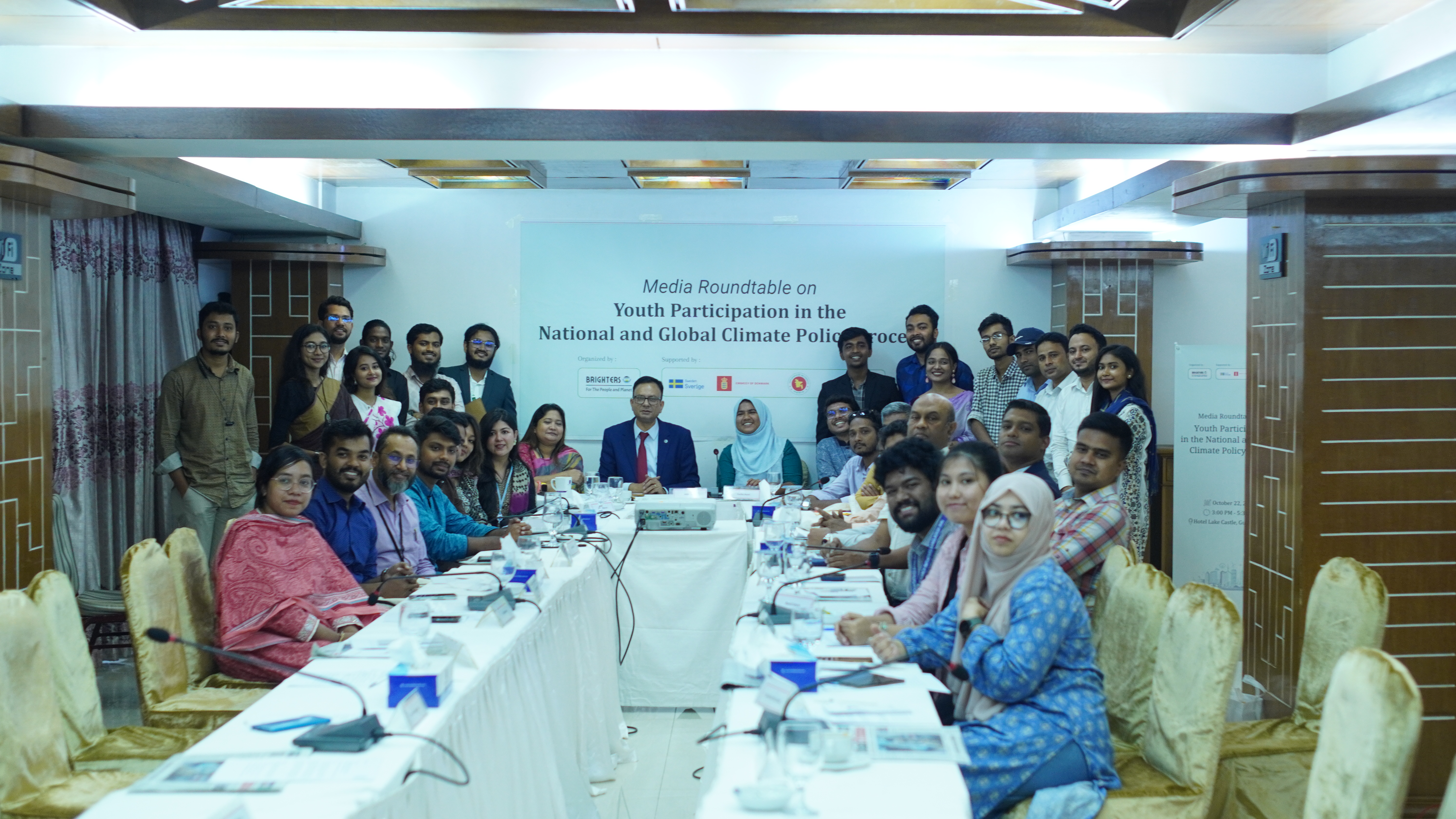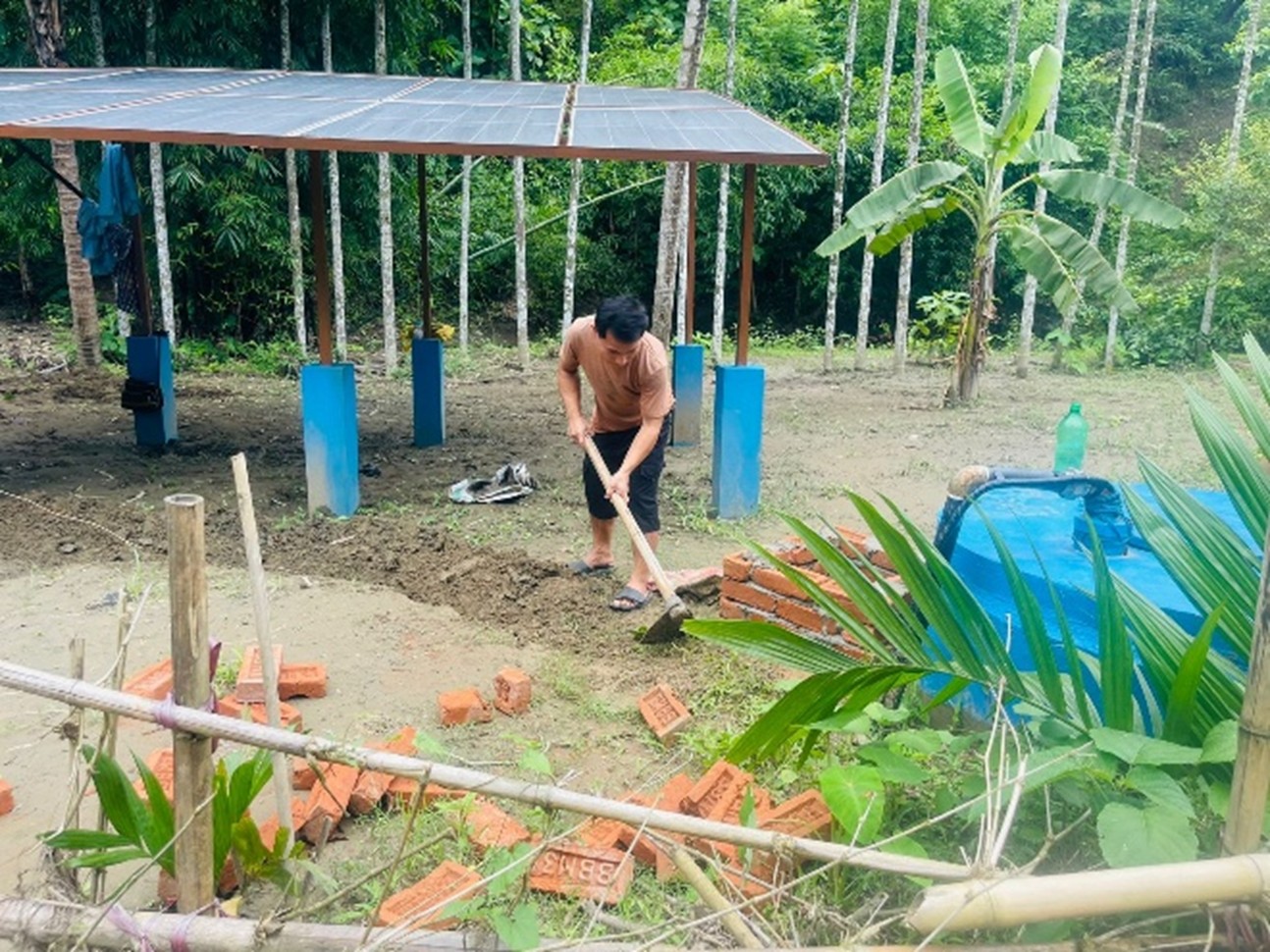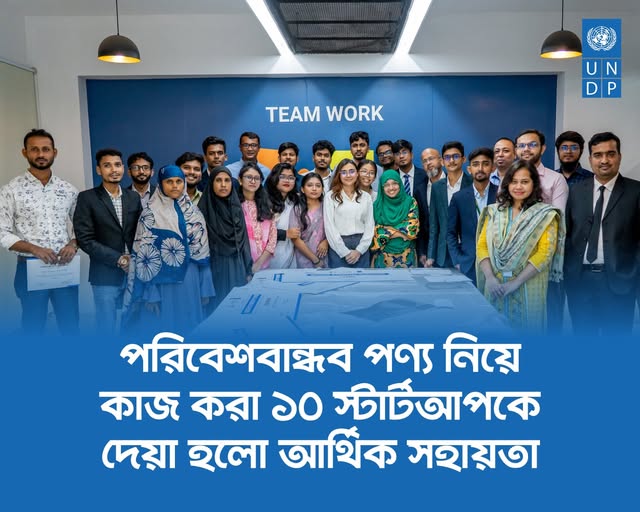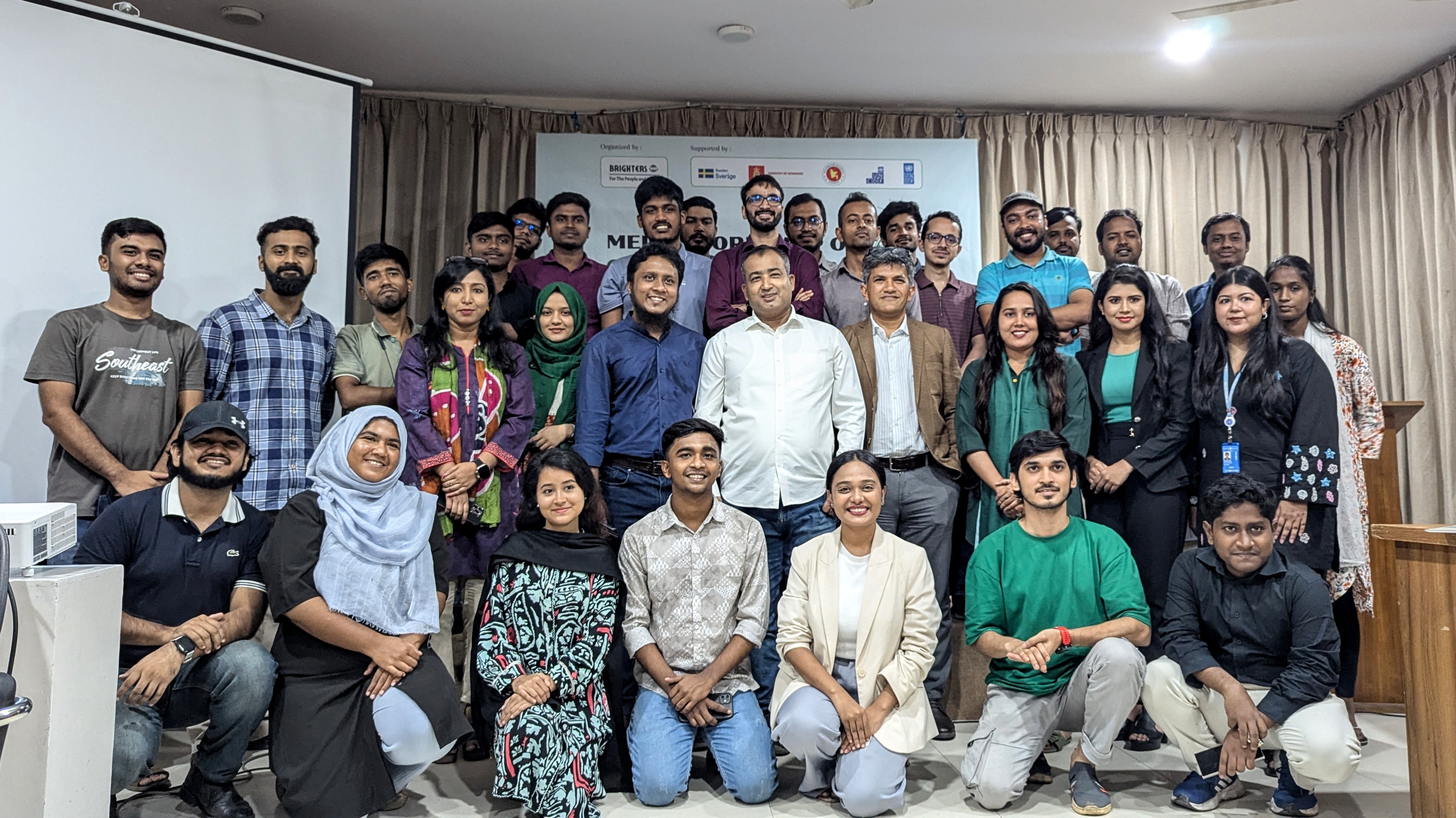About LoGIC
Local Government Initiative on Climate Change (LoGIC) is a multi-donor collaborative initiative of GoB, UNDP, UNCDF, European Union (EU till 2023), Embassy of Sweden (SIDA) and Embassy of Denmark. It aims to enhance the capacity of vulnerable communities, Local Government Institutions and civil society organizations for planning and financing climate change adaptation solutions in selected climate-vulnerable areas. This project was initially designed for 4 years and based on an independent assessment and success of initial results; the project was extended up to June 30, 2023, for 2 years. To sustain the results and scale up the LoGIC model nationally to innovate and institutionalize the climate financing model across Bangladesh for further two years from June 2023 to June 2025, also extended the project working area in two districts of the Chattogram Hill Tracts (CHT), Rangamati and Bandarban. The Local Government Division is the implementing lead of the project in partnership with UNDP and UNCDF.
What We Do
Supporting approximately 500,000 vulnerable households in 94 Unions in nine districts in Bangladesh through Climate Change Adaptation actions.
Capacity Development
Strengthened the skills of vulnerable individuals and local stakeholders to ensure responsible planning and funding of climate change adaptation initiatives for enhanced resilience.
Community Resilience Fund
Enhanced the resilience of vulnerable communities to climate change by establishing a community-based financing mechanism to support effective climate adaptive livelihood
Performance Based Climate Resilience Grants
To enhance access to climate finance at the local level and investments in resilience-building for priority sectors.
Advocacy
Established evidence-based advocacy for a mechanism for "financing local resilience".
LoGIC AT A GLANCE
People’s climate vulnerability have been reduced from 322,486 households (56% women)
Vulnerable households supported through sustainable and context-based climate adaptive livelihoods.
Union Parishads have included Risk Reduction Action Plans (RRAP) in their annual and five-year development plans.
Climate Resilient Cooperatives are implementing 14 types of green enterprises.
Upazila Parishads integrated Local Adaptation Plan of Action (LAPA) in their five-year development plans.
99% of 42,500 CRF beneficiaries are women who are highly vulnerable to climate change & are left out from other sectoral adaptation efforts.
Ward-level climate resilient cooperatives have been formed & registered with Cooperative Department.
Vulnerable households are supported by sheep insurance to enhance livestock resilience & portection.
Women beneficiaries gained financial inclusion through mobile wallets
Disbursed total ( CRF- USD 12.26m & PBCRG- USD 10.92m) to climate vulnerable households and LGIs for adaptation actions
Climate resilient community-level schemes
Green energy through 185 solar based community-level schemes
Climate vulnerable youths engaged in Climate Change Adaptation (CCA) initiatives
Ward level groups were formed by the climate vulnerable youths.
How WE WORK
The project envisages a twofold sustainability of efforts beyond its stipulated life.
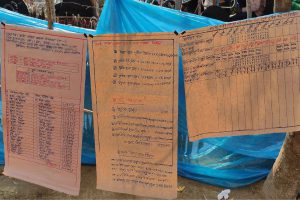
Community Risks Assessment
CRA is a participatory process for assessing hazards, vulnerabilities, risks, ability to cope, preparing coping strategies and finally preparing a risk reduction options implementation plan by the local community.

Community Resilient Fund
CRF is to provide small-scale, household adaptation grants to vulnerable households in high climate risk wards to enable the households to climate change adaptation and disaster risk reduction activities that will result in immediate benefits for the households’ livelihoods.
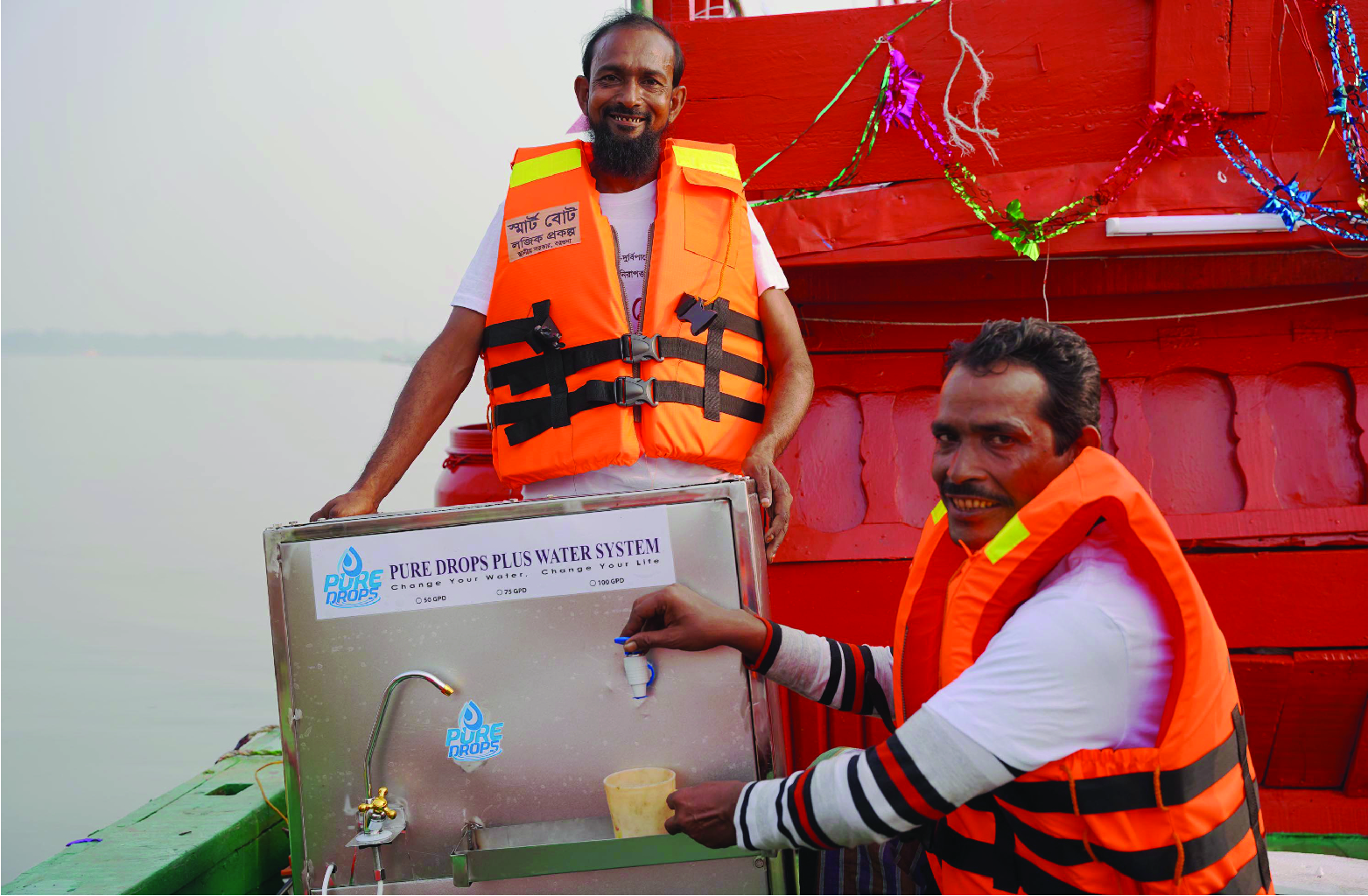
Performance Based Climate Resilient Grants
PBCRG is a financing mechanism for local government action on climate change adaptation that was developed within the framework of UNCDF’s global Local Climate Adaptive Living (LoCAL) project.
Intervention Areas

Kurigram
- CRF Beneficiary: 4516
- PBCRG Scheme: 143
Char Rajibpur : Char Rajibpur, Kodailkati, Mohanganj (3)
Roumari :
Roumari, Bandaber, Dantbhanga, Shoulmari (4)
Chilmari :
Ashtomir Char, Raniganj, Thanahat (3)
Sunamganj
- CRF Beneficiary: 5700
- PBCRG Scheme: 158
Dakshin Baradal, Uttar Sreepur, Balijhuri (4)
Dirai :
Bhati Para, Charnar Char, Derai Sarmangal, Rafinagar (4)
Salla :
Atgaon, Bahara, Habibpur, Sulla (4)
Khulna
- CRF Beneficiary: 7052
- PBCRG Scheme: 117
Koyra :
Dakshin Bedkashi, Koyra, Maheshwaripur, Uttar Bedkashi, Maharajpur (5)
Dacop :
Banisanta, Pankhali, Kamarkhola, Sutarkhali, Tildanga (5)
Bagerhat
- CRF Beneficiary: 6988
- PBCRG Scheme: 109
Mongla :
Chandpi, Sundarban, Suniltala, Mithakhali (4)
Sharonkhola :
Dhansagar, Khontakata, Royenda, Southkhali (4)
Morelganj :
Baraikhali, Jiudhara, Morrelganj, Nishan Baria (4)
Barguna
- CRF Beneficiary: 5287
- PBCRG Scheme: 161
Pathorghata :
Kakchira, Kathaltoli, Nachna Para, Raihanpur (4)
Sadar :
Badarkhali, Burirchar, Dholua, Naltona (4)
Taltoli :
Barabagi, Nishanbaria, Sonakata, Pancha Karalia (4)
Patuakhali
- CRF Beneficiary: 3616
- PBCRG Scheme: 100
Rangabali :
Rangabali, Moudubi, Bara Baisdia, Chhota Baisdia, Char Montaz (5)
Dashmina :
Char Borhan, Ranagopaldi (2)
Bhola
- CRF Beneficiary: 1841
- PBCRG Scheme: 128
Sadar :
Dhania, Kachia, Rajapur, Dakkhin Dighaldi (4)
Doulatkhan :
Uttar Joynagar, Char Khalifa, Saidpur, Dakkhin Joynagar (4)
Borhanuddin :
Bara Manika (1)
Development
Partners

